
European Football Clubs' Rebrand Challenges Everton's 'EFC' Claim
The European football landscape has witnessed a branding shift that strikes an oddly dissonant note for fans of Everton Football Club (EFC). The former European Club Association (ECA), an influential body representing continental clubs, has formally rebranded itself as European Football Clubs (EFC).
The 'EFC' Conundrum
For Evertonians, "EFC" is a long-standing shorthand identifier for this historic club — an institution founded in 1878, two years after the chapel team St Domingo's FC. The rebrand by the pan-European organisation, announced at its General Assembly in Rome, immediately raises the spectre of identity confusion.
The European Football Clubs (EFC) institution is chaired by Paris Saint-Germain President Nasser Al-Khelaifi and has rapidly expanded its membership to over 800 clubs from 55 countries, asserting its role as the "unified voice of clubs" in consultation with Uefa and Fifa. While the organisation aims to "more clearly embody and communicate who the organisation represents", this move inadvertently steps on the toes of a club with a far deeper local and national history than the association itself.
Friedkin's Dual Role in the EFC and Everton FC
The situation is further complicated by the presence of Dan Friedkin within the European Football Clubs institution. Friedkin, the American billionaire who completed his takeover of Everton in late 2024 to become the new Chairman of the club, is also a serving member of the EFC's Board of Directors. His position is likely a direct result of his earlier and continuing ownership of Italian club AS Roma, a side that regularly competes in Uefa club competitions (Roma won the inaugural Europa Conference League under his ownership in 2022).
This dual representation highlights the vast difference in recent European fortunes between his two clubs: Roma are regular continental contenders, granting Friedkin an executive seat at the top table, while Everton, despite their deep history, have not regularly featured in Europe in recent years. His role at the EFC underscores the increasing entanglement of club ownership across borders and the influence that owners of high-profile, European-competing clubs wield in continental football governance.
Super League Shadows and Future Trajectories
The European Football Clubs' newly-established prominence, and its partnership with Uefa, is best understood in the context of the abortive European Super League (ESL) plot of 2021. The ECA at the time was deeply divided by the breakaway attempt, led by clubs that included six Premier League clubs as well as Real Madrid, Barcelona, and Juventus (whose former chairman, Andrea Agnelli, was then-ECA head).
The widespread, vehement opposition from fans, who mobilised within hours of the announcement, was decisive in the ESL's collapse. Supporters saw the closed-shop format with no threat of relegation for clubs in the elite league as a betrayal of football's core principle of sporting meritocracy, motivated purely by financial gain.
The current EFC, having tripled its membership and aligned itself closely with Uefa, positions itself as the more inclusive, collaborative alternative.
While the ESL threat persists — with the proposal now being pursued by the A22 Sports Management group following a European Court of Justice ruling — the EFC appears to be the organisational vehicle through which top clubs will continue to negotiate the future of European competitions, focusing on "enhancing competition formats" and supporting initiatives like the revamped, money-spinning Fifa Club World Cup.
This shift ensures that the European clubs, via the EFC, are now central to decision-making, ostensibly preventing another unilateral breakaway attempt by integrating the clubs' interests into the existing governance structure of the sport at the highest levels across Europe.
The new EFC's mission is to secure "sustainable growth and greater opportunities for clubs at all levels," yet its close ties to the elite and its focus on new, expanded tournaments raise questions about fixture congestion and whether the interests of the entire football pyramid — including historic clubs like Everton — will truly be protected in a system increasingly driven by the interests of the European elite.
Reader Comments (8)
Note: the following content is not moderated or vetted by the site owners at the time of submission. Comments are the responsibility of the poster. Disclaimer ()
2 Posted 25/10/2025 at 11:27:36
Dual interests can be overcome, and I don't think our owners would do a Palace, which was oversight.
I also wasn't aware that TFG has a place at the European table. Hopefully that will be put to use next season.
PS: the EFC identity thing doesn't concern me. We know who we are.
3 Posted 25/10/2025 at 13:02:44
I'm going to write a stern letter to my MEP for starters.
4 Posted 25/10/2025 at 13:12:14
That's the spirit, Michael, and don't put a stamp on the envelope make your MEP pay for it -- that will get him paying attention right away.
5 Posted 25/10/2025 at 13:26:17
I think this only becomes an issue if the new EFC assert that they are the only EFC & start getting all legal about the original EFC.
6 Posted 25/10/2025 at 14:03:35
7 Posted 25/10/2025 at 14:09:08
I think Exeter City should be okay!
8 Posted 26/10/2025 at 09:11:23
Their travel costs must be huge -- why would they choose to ground share with the Skunks?!
Add Your Comments
In order to post a comment, you need to be logged in as a registered user of the site.
Or Sign up as a ToffeeWeb Member — it's free, takes just a few minutes and will allow you to post your comments on articles and Talking Points submissions across the site.
How to get rid of these ads and support TW


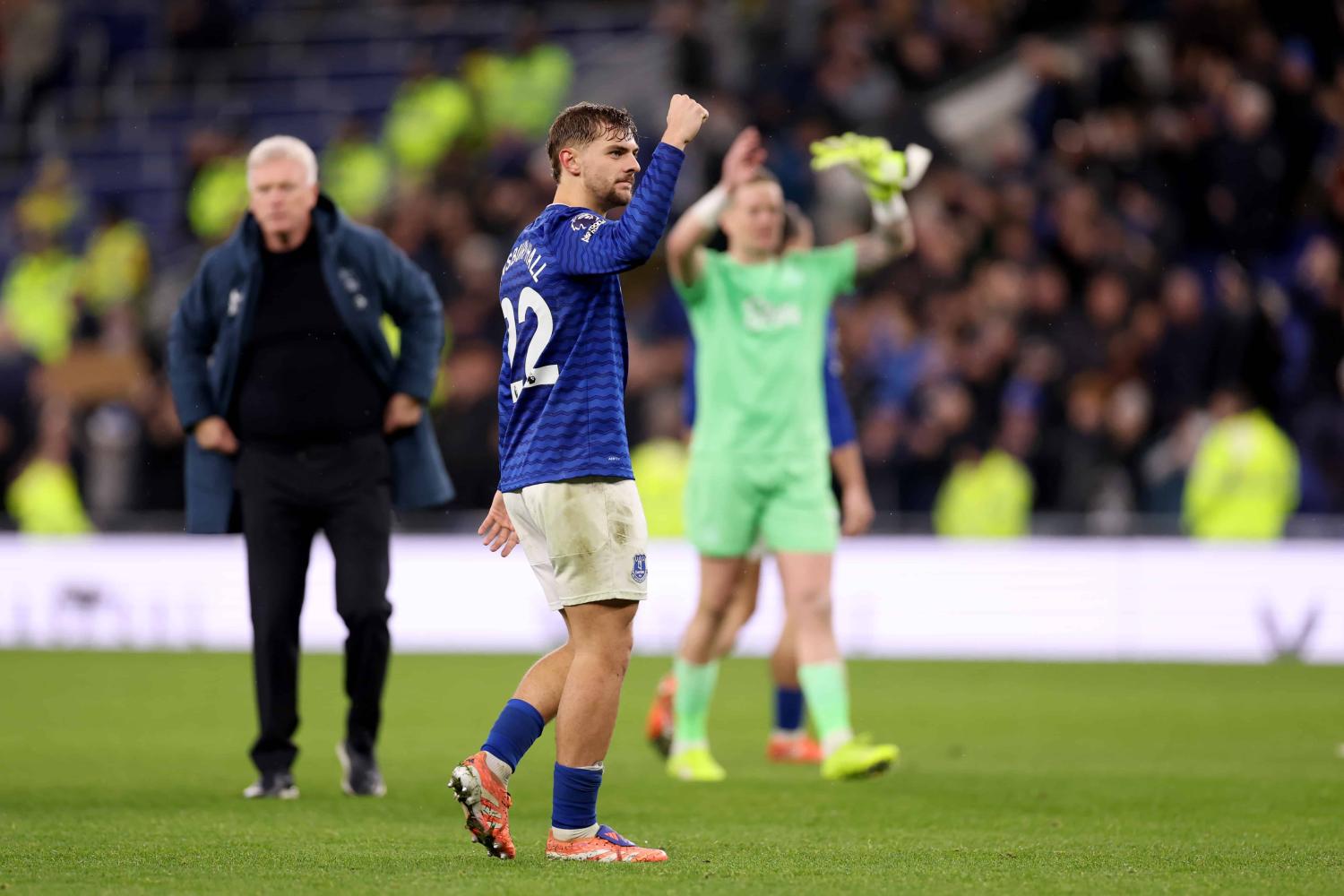
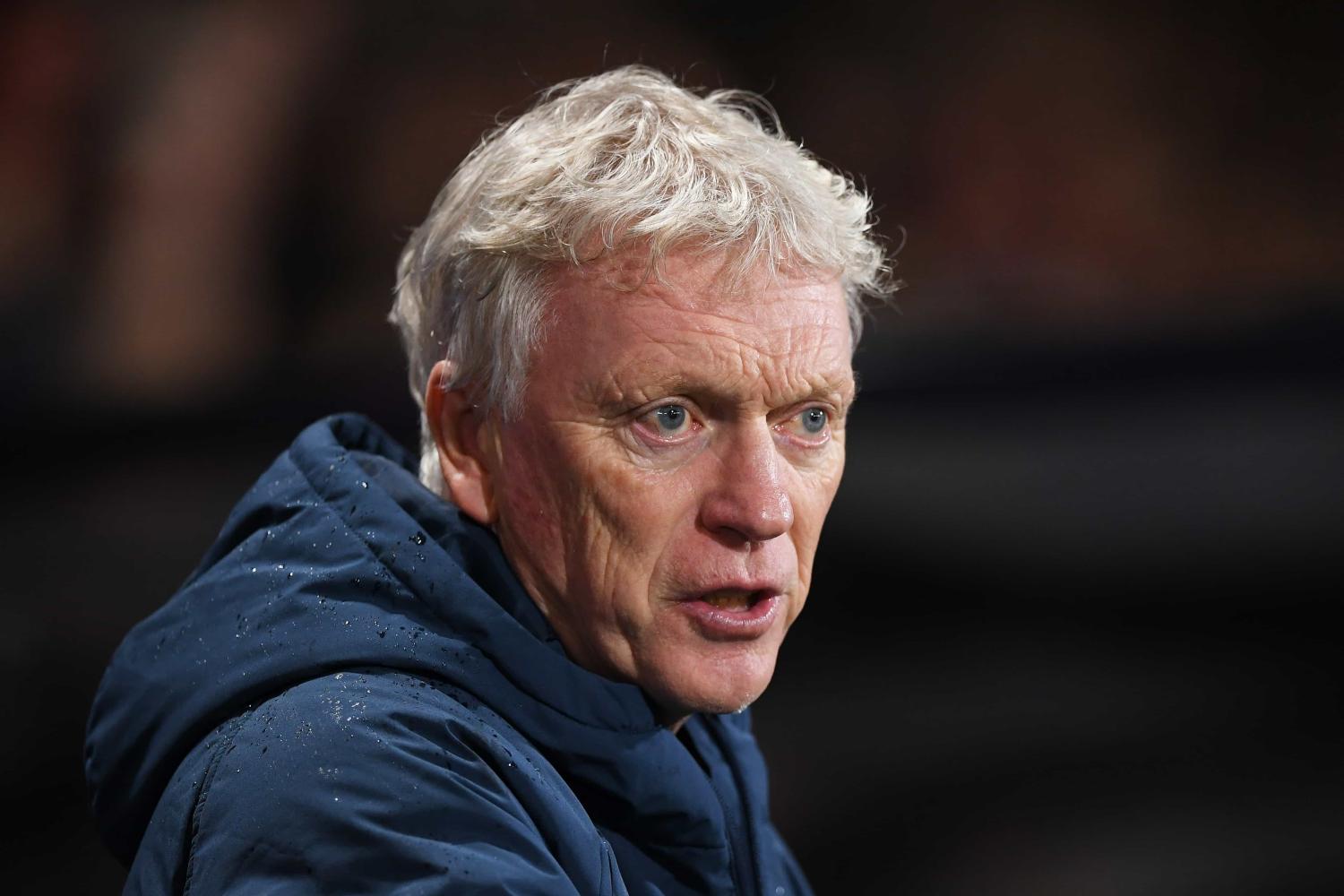
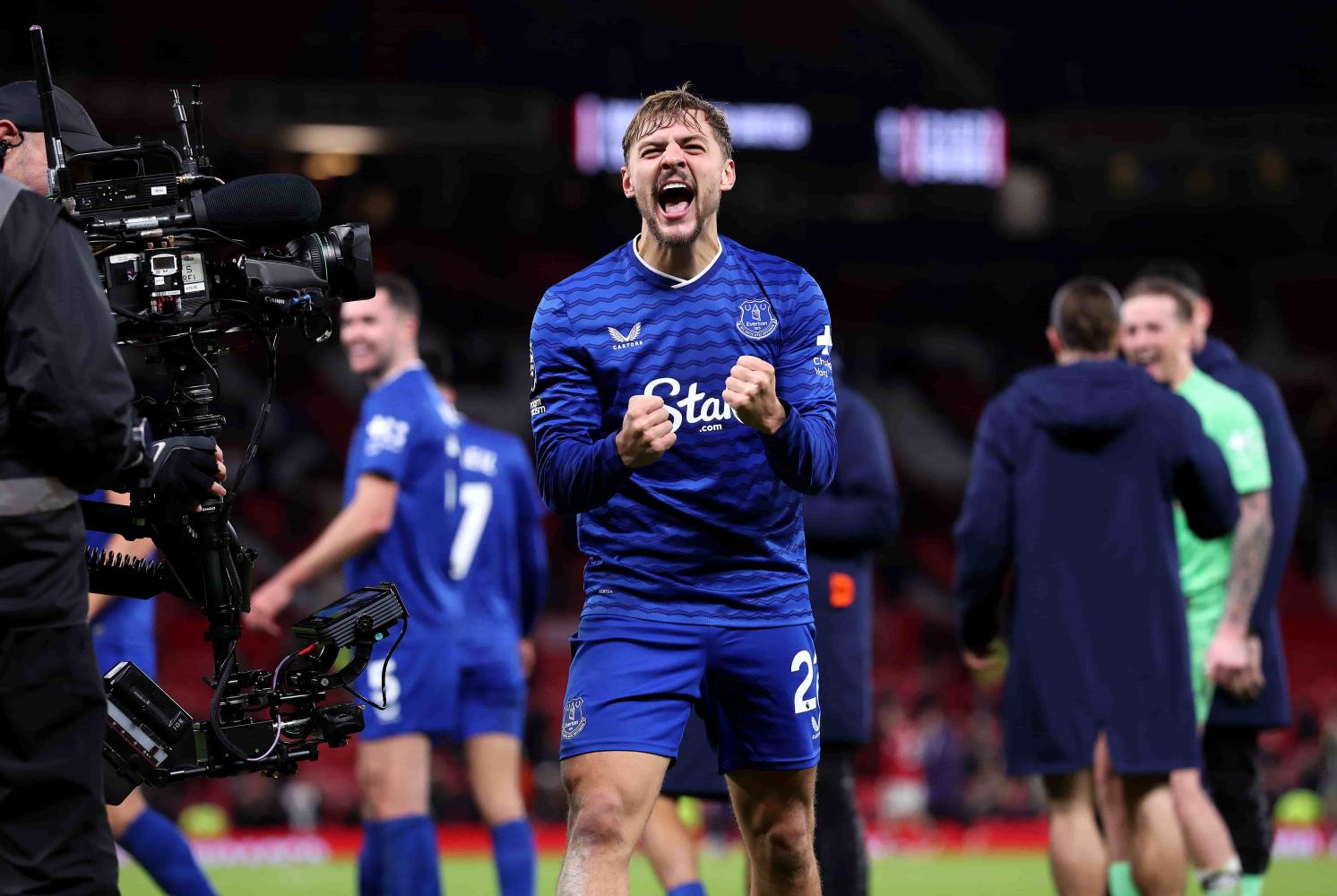


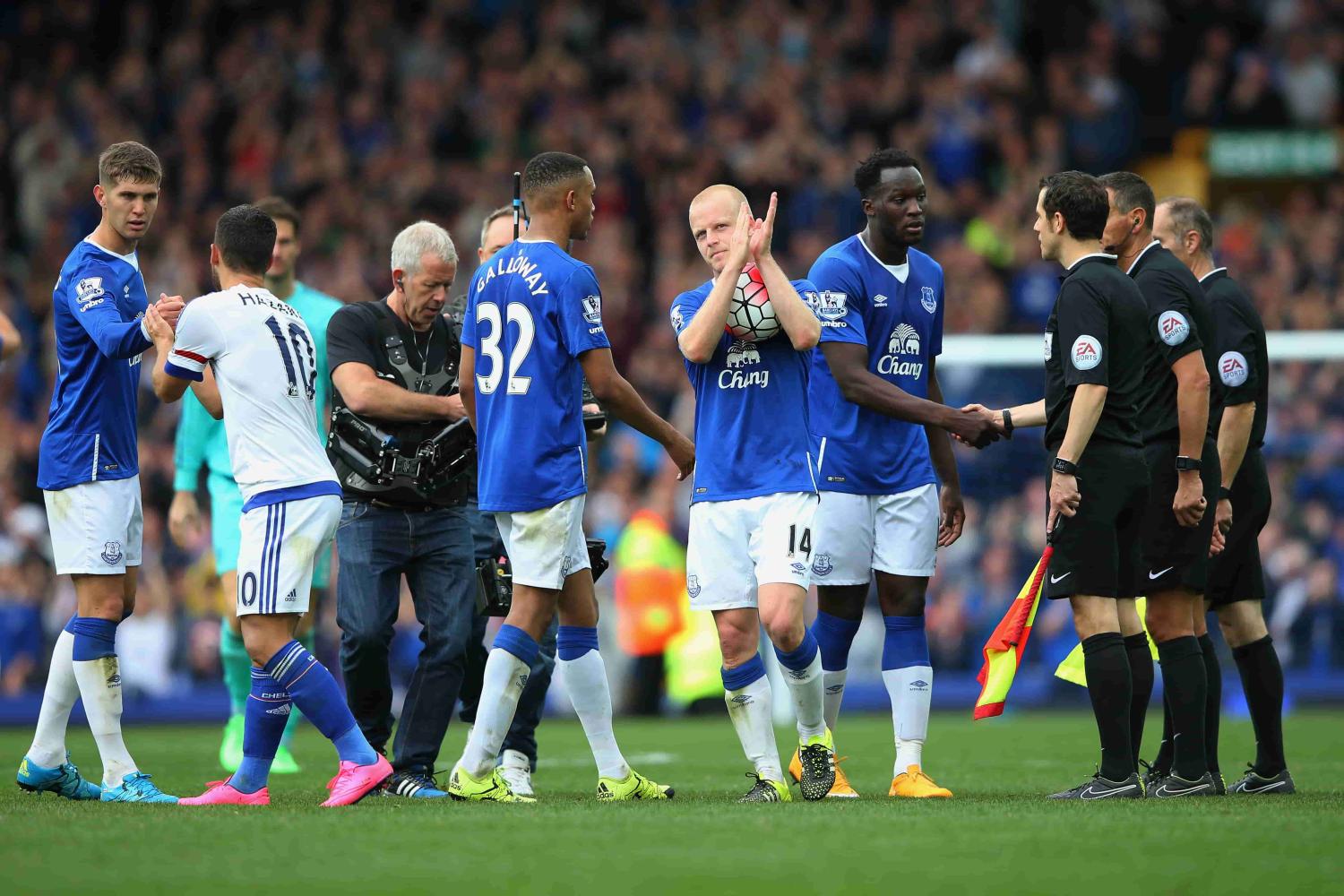
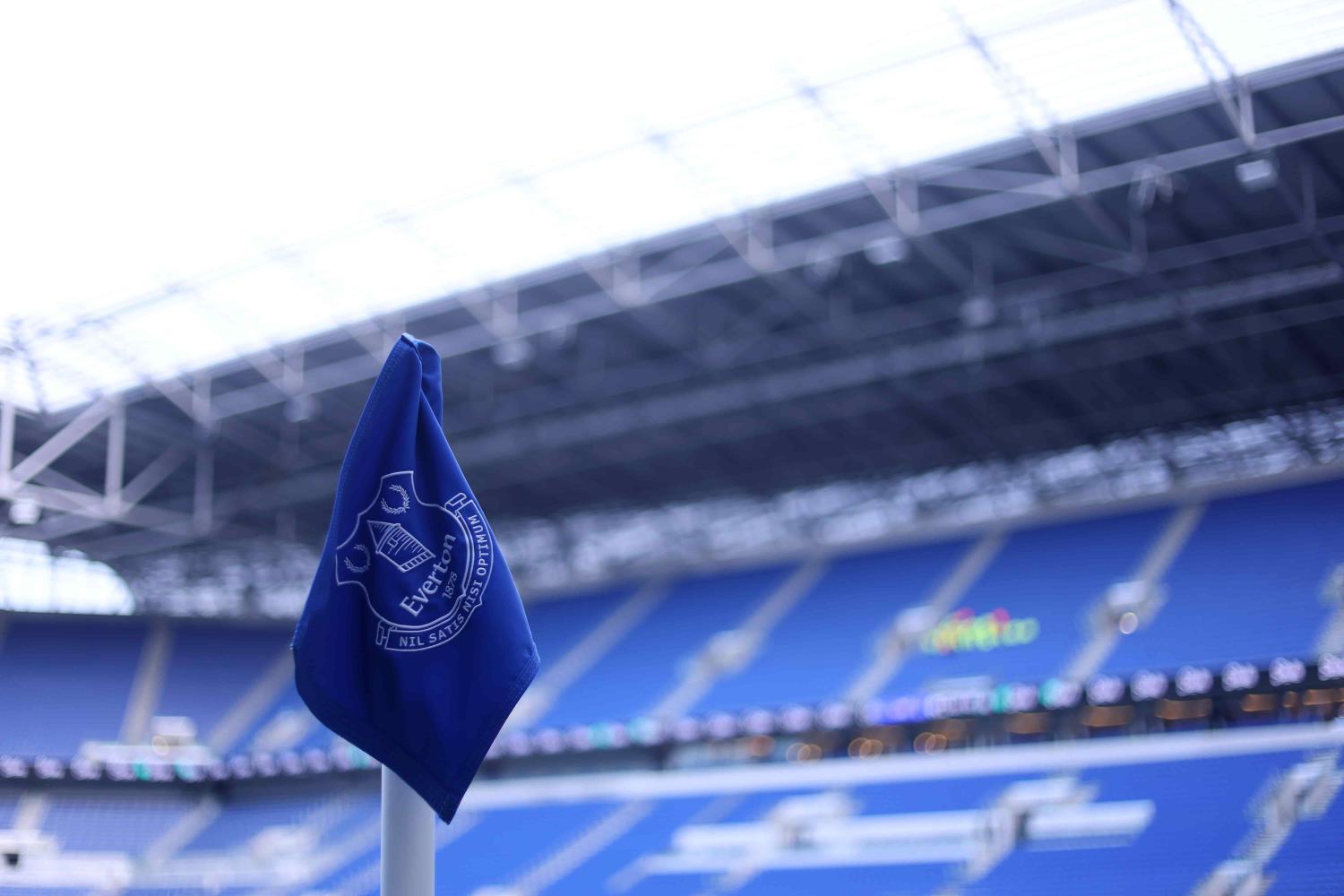


1 Posted 25/10/2025 at 10:00:16
Instead of going, "Yeah, whatever." I'm not sure of how many seasons EFC was on our shirts, but I would say it was more than once.